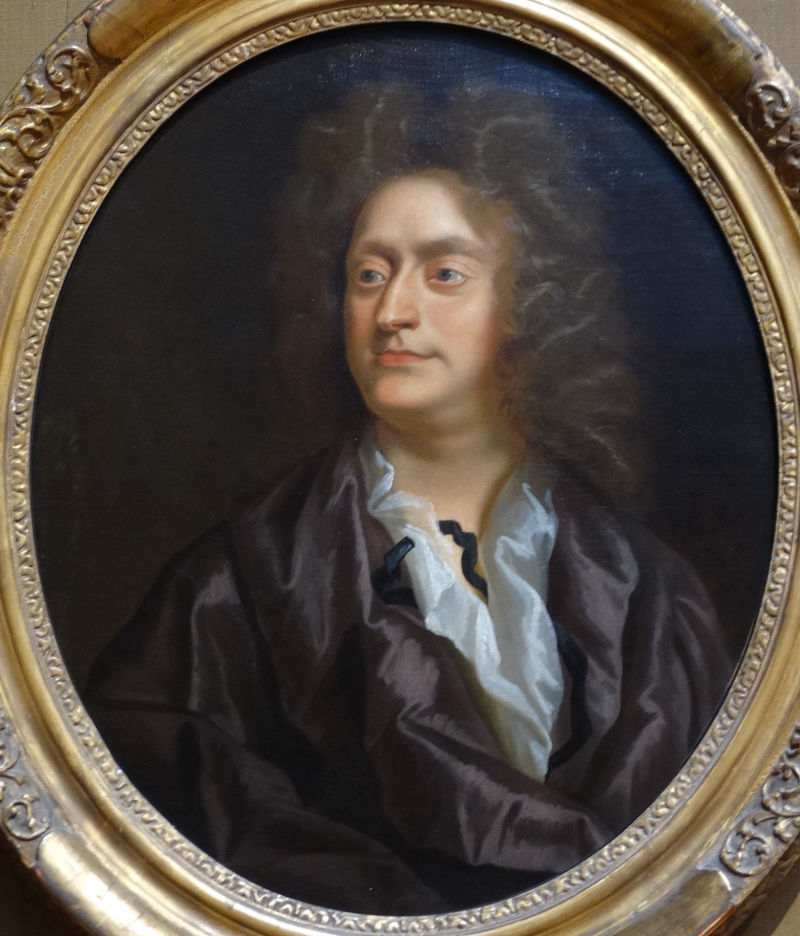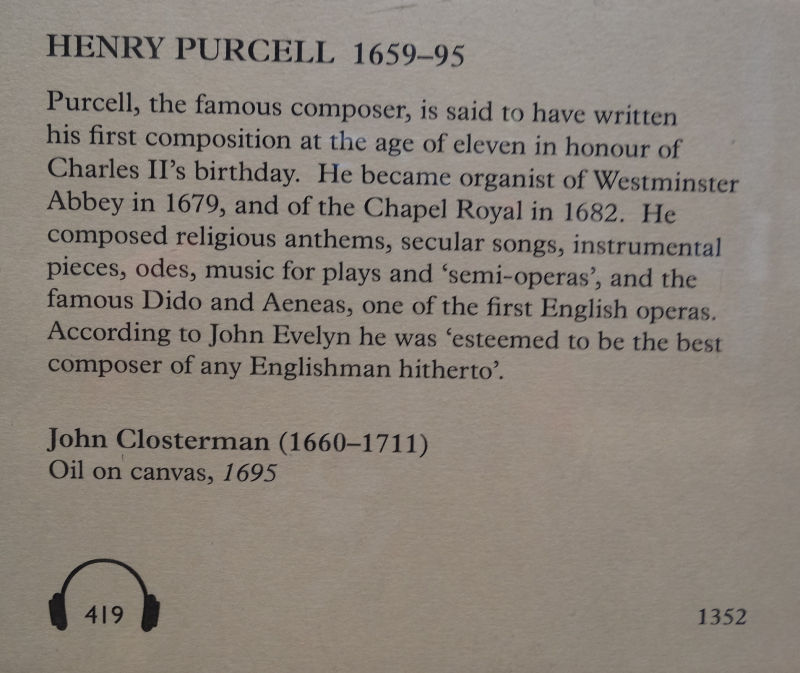John Closterman (1660-1711)
• Was a Westphalian portrait painter.
• His subjects were mostly European noblemen and their families. • Born in Osnabrück in the Holy Roman Empire (now in Lower Saxony).
• Closterman was the son of an artist who taught him the rudiments of design.
• In 1679, Closterman went to Paris and worked under François de Troy.
• In 1681, he went to England.
• He worked for John Riley, painting the draperies in Riley's portraits.
• When Riley died in 1691, Closterman finished several of his portraits.
• Because of his work on Riley's portraits, Charles Seymour, 6th Duke of Somerset, hired him to create some paintings.
• In 1696, Closterman was invited to the court of Spain, where he painted a portrait of Charles II of Spain, his wife, Mariana of Austria and some others.
• He also traveled to Italy twice, where he bought several artworks.
• When he returned to England, Closterman found a high demand for his services among the society elite.
• At this time, he married an Englishwoman, Hannah; she died and was buried on 27 January 1702.
• According to Arnold Houbraken, Closterman later took a mistress who stole much of his property and then left him.
• Her departure allegedly precipitated Closterman's physical and mental decline.
• Jacob Campo Weyerman, who took much of his biographical material from Houbraken, states "Closterman had taken a beautiful mistress who, while he was away in the country, robbed him of his valuables and disappeared, actions which drove the painter into madness".
• Next
 John Closterman, Henry Purcell (1659-95), 1695
John Closterman, Henry Purcell (1659-95), 1695 Original, National Portrait Gallery, London. Visited in 2018.
Original, National Portrait Gallery, London. Visited in 2018.